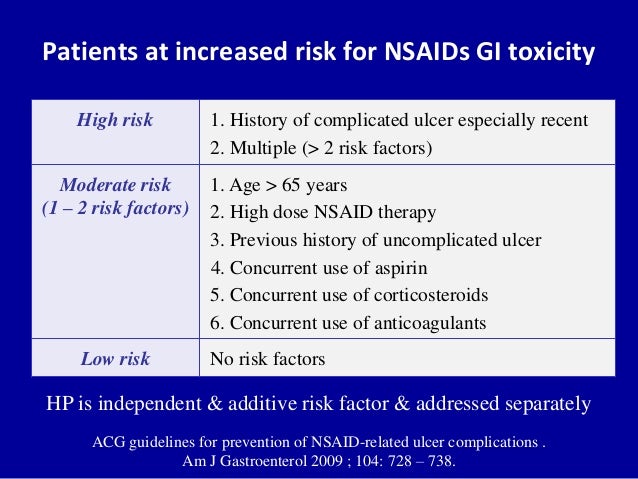
Risk Factors For Gi Bleed. If you have gerd follow your doctor s instructions for treating it. 95 percent confidence interval 1 0 to 2 1 percent had clinically important bleeding. In a single centre 90. A gastrointestinal bleed can cause.

In a single centre 90. To help prevent a gi bleed. The most common causes and risk factors for lower gi bleeding include. This study aimed to compare von willebrand factor vwf levels ristocetin cofactor levels platelet counts aortic valve movements and right heart failure rhf as risk factors of gastrointestinal gi bleeding in patients with continuous flow left ventricular assist device cf lvad. Some of the most common risk factors for nonvariceal ugib include helicobacter pylori infection nonsteroidal antiinflammatory drugs nsaids aspirin selective serotonin reuptake inhibitors and other antiplatelet and anticoagulant medications. If you have gerd follow your doctor s instructions for treating it.
Inflammation of the lining of the rectum can cause rectal bleeding.
The most common risk factors for nonvariceal ugib include h pylori infection nsaids aspirin and other antiplatelet and anticoagulant medication use. Limit your use of nonsteroidal anti inflammatory drugs. The most common causes and risk factors for lower gi bleeding include. Diverticular disease diverticulitis gastrointestinal cancers inflammatory bowel disease ibd crohn s disease ulcerative colitis infectious diarrhea angiodysplasia polyps hemorrhoids and. 95 percent confidence interval 1 0 to 2 1 percent had clinically important bleeding. Limit your use of alcohol.